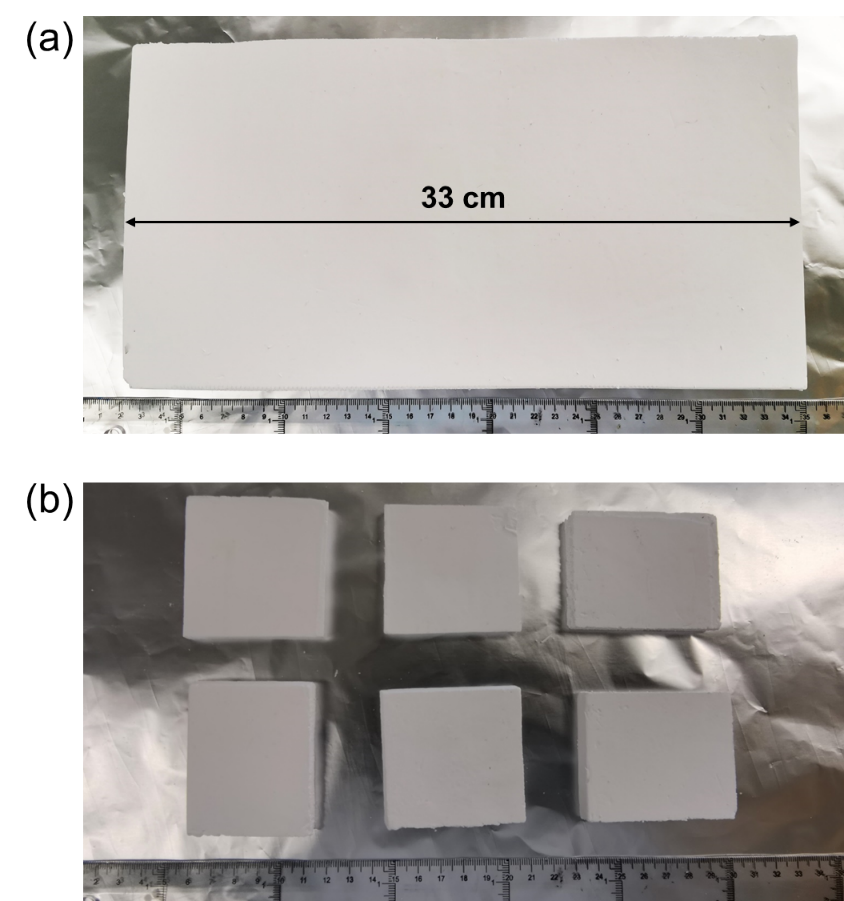Patent details
Status
European patent filed
PCT extension
Application number
EP22383056.3
PCT/EP2023/080316
Priority date
2 November 2022
Inventors
De-Yi Wang, Guangzhong Yin
Applicant
IMDEA Materials Institute, Universidad Francisco de Vitoria
Transfer opportunity
License of technology
Summary
IMDEA Materials and Universidad Francisco de Vitoria have developed a shape-stabilized composite phase-change material (PCM), physically stable and with high phase change enthalpy.
The material is suitable for thermal management applications in electronics, power electronics, solar energy, batteries, or cold transport.
Description
The increasingly prominent energy and environmental problems are pushing the requirements of our society for improved energy conservation and environmental protection. The requirements for efficient energy use are also increasingly higher. Thermal energy storage (TES) technologies are valuable components in many energy systems and could be an important tool in achieving a low-carbon future.
Phase-change materials (PCMs) are a thermal energy storage technology categorised by their capacity to store latent heat and are particularly attractive for applications where thermal energy has to be stored or delivered over a narrow temperature range or when compactness is a requirement.
Most widely used PCMs undergo solid-liquid transitions (solid-liquid PCM) and at the phase transition temperature, their temperature remains constant since the external heat is no longer used to change the temperature of the material but to change its state. As a consequence, the energy involved in the phase transition of the PCM, i.e., the specific enthalpy difference between solid and liquid (at constant temperature) also known as latent heat, is absorbed or released on the melting-solidification process of the PCM.
Solid-liquid PCMs require encapsulation in order to prevent the leakage of the liquid phase, and porous materials like clay minerals, metal foams or porous carbon are used to manufacture composite PCMs. However, the different containment strategies have limitations in terms of encapsulation efficiency and/or low enthalpy values.
Advantages and innovations
IMDEA Materials and UFV have developed an improved shape-estabilized and leak-resistant composite PCM based on an aerogel of polylactic acid (PLA) with a porosity around 90% that acts as scaffold for the solid-liquid phase-change material. The resulting composite PCMs present phase change enthalpies of 100-250 J/g, depending on the PCM used and a phase-change temperature comprised between -20 and 80 ˚C.
Thanks to the manufacturing process and the possibility to include additives in the formulation, the composite PCM is protected from external environments, it is capable of managing volume changes, it mitigates phase separation and sedimentation problems and it has low flammability.-2
Main characteristics

Contact
Technology Transfer and Innovation Office, IMDEA Materials Institute
email: techtransfer@imdeamaterials.org
telephone: +34 91 5493422
